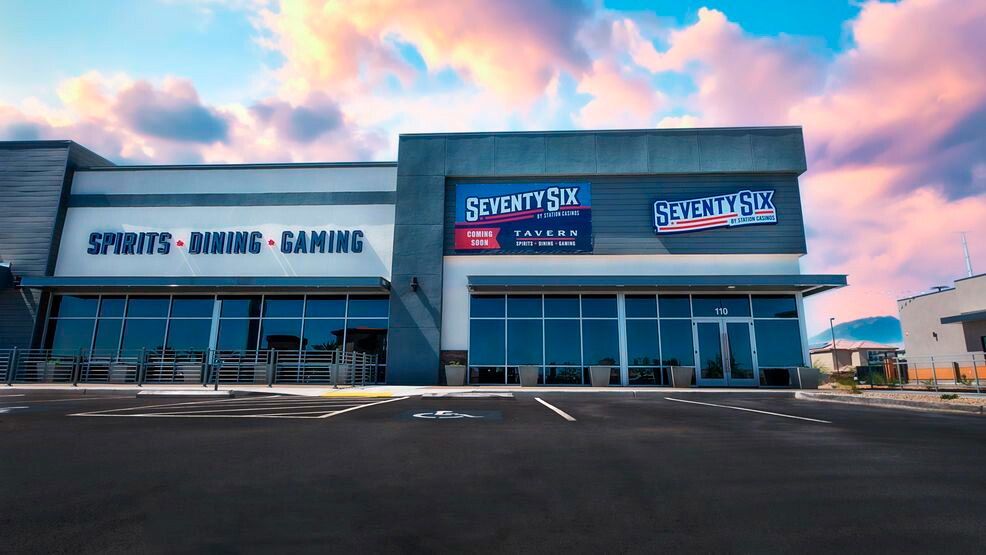Do gamers consider loot boxes a form of gambling?

John Li is a serial entrepreneur and co-founder of PickFu, a tool that enables game developers to gather instant market feedback. With over 15 years of experience, Li earned his B.S. in electrical engineering and computer science from UC Berkeley and M.S. in computer science from the University of Washington. A veteran of Microsoft, he holds multiple patents for mobile interfaces.
The German Bundestag (Federal Parliament) recently passed a new Youth Protection Act, the first time this German legislation has been reformed since 2002. The law establishes a new Federal Agency for the Protection of Minors in the Media and explicitly names the dangers that German minors face, including the following:
- Risks from communication and contact functions
- Risks from purchase functions
- Risks from gambling-like mechanisms
- Risks from mechanisms to promote excessive media usage behaviour
- Risks from the disclosure of inventory and usage data to third parties without consent
- Risks from purchase appeals that are not age-appropriate, especially through advertising references to other media.
Loot boxes, the digital gifts within mobile games may be the poster child for why supporters believe the new law was necessary. Players spend real money to buy loot boxes but only discover their contents after purchase. The loot box business model poses many of the risks outlined by the new law, especially when implemented poorly. The Youth Protection Act creates the possibility of an outright German ban on loot boxes in the near future.
Loot boxes’ links to problem gambling
While Germany is the first country in the world to outline the Rights of Children in the Digital Environment in its laws, it isn’t the first to ban loot boxes.
Belgium banned loot boxes in 2018 after the Belgian Gaming Commission concluded that loot boxes are considered games of chance that are therefore subject to Belgian gaming law. The Netherlands also banned some forms of loot boxes in 2018. While loot boxes have not yet been banned in the UK, the House of Lords Gambling Committee called for loot box regulation in 2020.
Critics say more needs to be done, and quickly, as they see a clear link between loot boxes and problem gambling, especially among younger players.
A recent study commissioned by GambleAware found that loot boxes "are structurally and psychologically akin to gambling." The study found that 40% of the 93% of children who play video games open loot boxes. "We have also demonstrated that at-risk individuals, such as problem gamblers, gamers, and young people, make disproportionate contributions to loot box revenues," said the study’s author Dr James Close.
How is the industry responding?
In 2018, video game regulator Pegi introduced a rating system across Europe that requires publishers to show if their games feature loot boxes and paid content. In 2020, Tim Sweeney, a co-founder of Epic Games, said, “Loot boxes play on all the mechanics of gambling except for the ability to get more money out in the end. We have businesses that profit by doing their customers harm."
For other game makers, loot boxes are still legitimate and fair for driving revenue. Kerry Hopkins, vice president of legal and government affairs at EA, described loot boxes as “surprise mechanics” to a UK House of Commons committee in 2019.
“People like surprises,” she said, comparing loot boxes to Kinder Egg toys. “They aren’t gambling, and we disagree that there’s evidence that shows they lead to gambling,” she added.
More recently, EA came under fire when a leaked internal document appeared to show that the company was “doing everything [it could] to drive players [to loot box-laden FIFA Ultimate Team]."
Loot boxes are contentious within the industry and a growing area of concern for governments. But what do gamers themselves think about loot boxes and their potential link to problem gambling?
Gamers’ verdict on loot boxes and gambling
PickFu is a tool designed to connect publishers with gamers to gather their opinions and feedback in a matter of minutes.
We asked 600 U.S.-based respondents who play games across mobile, PC, and console devices for their opinion on loot boxes and their links to gambling using this software. We wanted to understand whether players classified loot boxes as a form of gambling and the main reasons they like or dislike loot boxes.
10% of console gamers and 20% of PC gamers believe that loot boxes are a form of gambling. Interestingly, only 5% of mobile gamers do. Loot boxes are arguably more prevalent in mobile games because of the free-to-play model. Perhaps this model explains why PC gamers rate loot boxes lower than mobile gamers do. Overall, PC gamers rated them 2.9 on a scale of 5, while mobile gamers rated them 3.5.
What do gamers say about loot boxes?
PickFu requires respondents to provide written explanations to help get at the why behind survey results. PC gamers left far more one-star ratings than mobile gamers and didn’t hold back their reasons. “Loot boxes are the absolute worst part of the modern gaming industry,” wrote one. “They prey on the weak-minded, getting kids with addictive personalities to spend more money than they can afford. I think loot boxes should be regulated and not allowed for kids under 18 years old.”
“I feel like loot boxes reduce games into lower forms of gambling and commodification,” wrote another.
“They are awful; they prey on addictive personalities and never impose limits on how much one person can spend,” wrote a third.
Even some PC respondents who rated loot boxes five stars raised issues with them. “Virtual items that might help to individualise a character, making them more unique than those of other players, are a great idea. UNLESS they can ONLY be obtained through cash purchases,” wrote one.
Mobile gamers were more likely to give loot boxes a positive rating. “I love loot boxes,” wrote one mobile gamer who rated loot boxes five stars. “I like any kind of prize that I can win in a game, and this adds an element of both surprise and success to my playing experience.”
Another wrote, “I like them because they provide the gamer with an exciting experience that is like opening a Christmas present.” Was EA’s Kerry Hopkins right all along? A third mobile gamer wrote, “I like the surprise of it all. The excitement of thinking you might get the best things is fun.”
While some mobile gamers gave loot boxes one-star ratings, they were not as common as PC gamers. However, the reasons for the one-star ratings were largely the same. “I don't like them. They feel like gambling for children and teenagers,” wrote one mobile gamer. “They seem manipulative and like they are designed to squeeze extra money out of you,” added another. “I strongly dislike loot boxes,” wrote a respondent. “It seems like nothing more than a cash grab, and I feel like they exist to rob children and people who don't know better.” Another added, “Little kids are very vulnerable to that sort of gambling on mobile phones.”
Conclusion: Loot boxes aren’t a black-and-white issue
Our survey’s qualitative data show that gamers’ views on loot boxes seem to be tied to the platform they use. Mobile gamers broadly understand the free-to-play model and accept loot boxes as a necessary way for developers to generate revenue.
Feelings also seem to be influenced by whether gamers fall into the hardcore (high frequency) or casual (occasional gaming) category. Those who invest more time and money into their games and hardware don’t appreciate when games thrust the loot box mechanic in their faces, seeing it as a cash grab.
Across platforms, gamers unite in the idea that loot boxes should be age-restricted to players over 18.
Broadly, however, players seem to enjoy loot boxes — so long as they don’t have to pay for them. When players don’t have the time to grind for high-level items, they appreciate the availability of kits to enhance their characters or give them a boost to make the game easier.
Gamers understand the nuances of loot box mechanics, such as the need to generate revenue, the controversies about gambling and youth, and gameplay enhancement. Taking this into account, developers and publishers could do more to open a dialogue with their gamers. They appreciate it. They’re willing to give companies that listen to their concerns a chance.
Gatekeeping loot boxes and implementing measures to keep them out of reach of children will go a long way to earning gamers’ trust. If publishers are unwilling to do so, expect Germany’s Youth Protection Act to set a global precedent.


















































